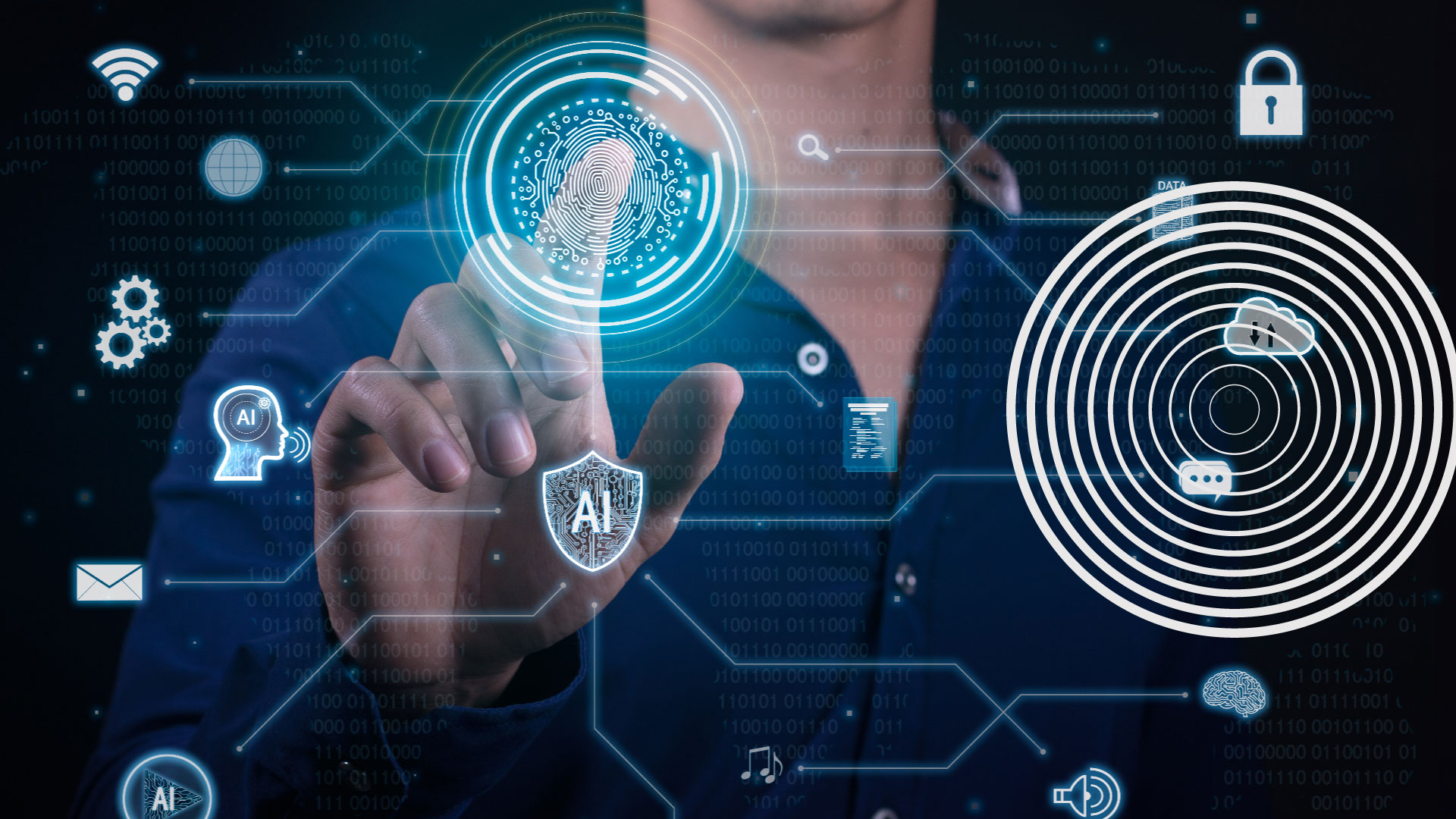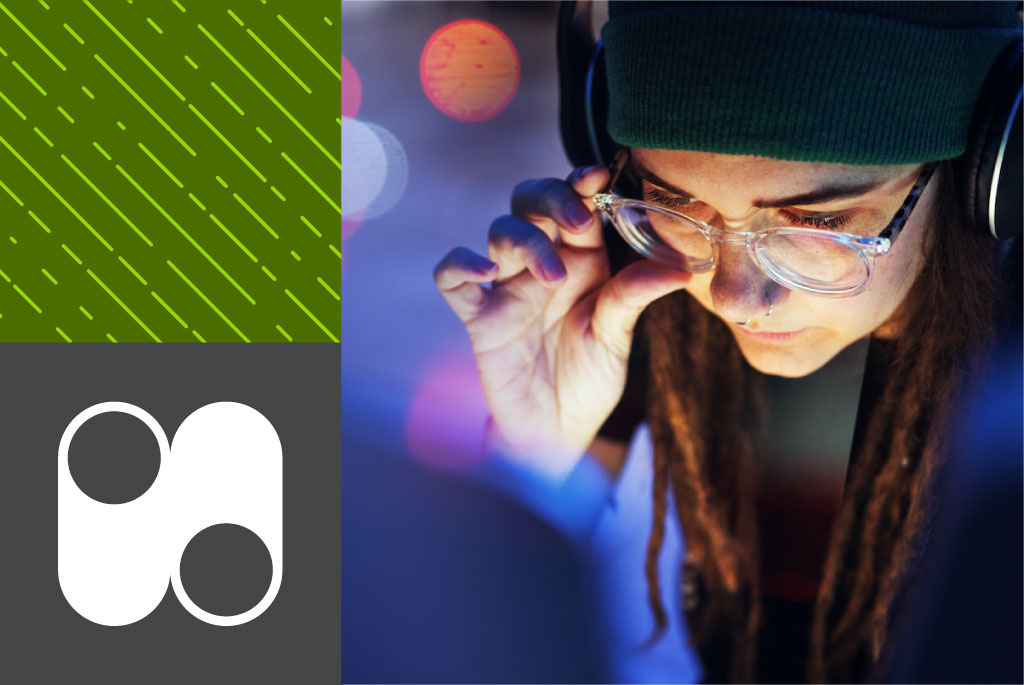
How does artificial intelligence contribute to cybersecurity?
The sophistication of cyber threats urges business leaders to seek increasingly intelligent and advanced solutions. One of the most promising and relevant technologies to improve defenses and responses to cybersecurity threats is artificial intelligence (AI).
When artificial intelligence is mentioned in the area of cybersecurity, reference is made to technology capable of analyzing large amounts of data to identify patterns of suspicious or anomalous activity that facilitate the prevention, detection, and resolution of security incidents in real time.
If coupled with the ability of AI to learn from data and make effective and quick decisions in the face of unexpected events, this technology becomes the new cybersecurity priority in companies’ IT departments.
In fact, its use in business ecosystems has seen an increasing trend in recent years. According to data from Gartner, by 2022, at least 40% of companies will have implemented AI to improve their ability to detect and respond to cyber incidents.
Another Accenture study revealed that 68% of organizations that had implemented AI in their cybersecurity strategy by 2022 experienced a significant decrease in average threat detection time.

Benefits of artificial intelligence for cybersecurity
Although the path to AI adoption is just beginning and there are significant challenges that the business sector has yet to overcome, its use is yielding major benefits in the area of cybersecurity, such as:
- Quick threat detection. Analyzing large amounts of data allows AI to identify threats and make real-time decisions that prevent significant damage to organization assets.
- Task automation. Instead of relying on humans to respond to security alerts, AI automatically takes action to contain and mitigate threats.
- Quick threat identification. AI can automatically identify vulnerabilities in systems and applications, making it easier to take measures to correct them and prevent their exploitation by cybercriminals.
- Password management. Generating complex passwords and storing them securely in a centralized location is one of the many functions performed by AI in protecting users and systems.
- Forensic analysis. Incident investigation, as well as evidence collection, is a task performed by AI that serves to understand the root of threats and determine what measures to take to prevent future attacks.
- Implementation of biometric authentication. AI is further used to add layers of security to computers and applications based on biometric authentication systems, such as facial or fingerprint recognition.
- Identifying new forms of cybercrimes. With the use of AI, anomalies can be tracked in the network and systems that provide for identifying emerging tactics, techniques, and procedures used by cybercriminals.
- Network segmentation. The definition of network segmentation policies to prevent the spread of threats within infrastructure is another function fulfilled by AI in the area of business cybersecurity.
- Costs reduction. By automating cybersecurity tasks and detecting threats early, AI reduces costs associated with staffing and attack recovery and mitigation.

How to implement artificial intelligence in your company’s cybersecurity?
Without a doubt, AI is transforming the business world with innovative and efficient solutions that impact all its areas and operations, even those aimed at enhancing cybersecurity.
According to Grand View Research, by 2030, it is estimated that the use of AI will register a growth of 37% and that the barriers that hinder its adoption, such as lack of understanding and ethical concerns, will be progressively demolished over the next few years.
At Ikusi, AI plays a leading role in cybersecurity solutions. It is present in data analysis tools that detect threats in real time and automate protection tasks in digital environments. AI is also used in authentication and password management solutions, security solutions for web browsing, data traffic intelligence, endpoint protection, etc.
Each Ikusi solution is implemented by engineers specialized in the development of software and applications that incorporate AI to enhance the security capabilities of each company and adapt to its needs. If you are interested in implementing AI to optimize your company’s cybersecurity, learn about Ikusi services.


